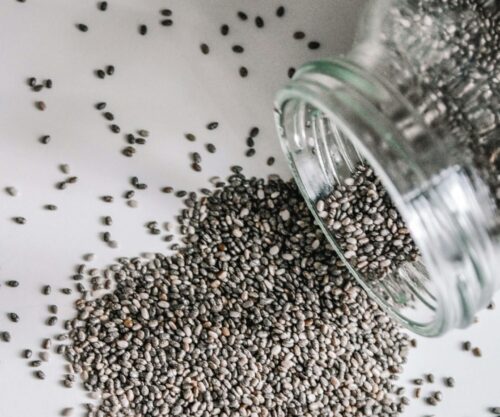
Have you ever heard of the term PTSD?
PTS stands for Post Traumatic stress disorder and it is characterised by failure to recover after experiencing or witnessing a terrifying event.
According to Mayo Clinic, the condition may last months or years, with triggers that can bring back memories of the trauma accompanied by intense emotional and physical reactions.
Symptoms may include nightmares or flashbacks, avoidance of situations that bring back the trauma, heightened reactivity to stimuli, anxiety or depressed mood.
Treatment includes different types of psychotherapy as well as medications to manage symptoms.
One way in which one can manage PTSD is through post-traumatic growth.
While trauma can invoke a terrifying and debilitating response, in some cases it can be a sign of positive changes. In the best cases, it may even spark growth, strength, and resilience.
Post-traumatic growth happens when you’re able to transform trauma and use adversity to your advantage.
Talk about it
People who have gone through a traumatic experience need to work through their pain. It’s always best to talk to a therapist about the issues related to the event itself. By telling the same story over and over for days, weeks, or even months.
Counselors are more likely than friends or family to understand trauma and its effects. They are also the best prepared to help you identify triggers and effective coping strategies.
Don’t be harsh on yourself
Don’t be hard on yourself, be patient with yourself. It is important to note that it is a difficult tie in your life so allow yourself to mourn the losses you’ve experienced.
Eat a healthy diet and exercise
Try eating healthy, and exercise. It is also important to get as much sleep as possible. When you’re stressed, you’re more open to illness. Eating a well-balanced diet and getting enough sleep can help you stay well. Regular exercise can relieve depression and stress.
Spend time with family and friends and stay away from negative thoughts
Spend time with others. Attend a place of worship, book club, exercise class, or other gatherings as often as you can. These include using drugs or alcohol, workaholism, violent behaviour, and angry intimidation of others. These may seem to help by giving quick relief. But they worsen the illness and make recovery more difficult.
Try relaxation methods
These can include full-body relaxation or breathing exercises, meditation, stretching,listening to quiet music, and spending time in nature settings. You can also join a support group.
Also see: Obesity stigma: How to prevent obesity




